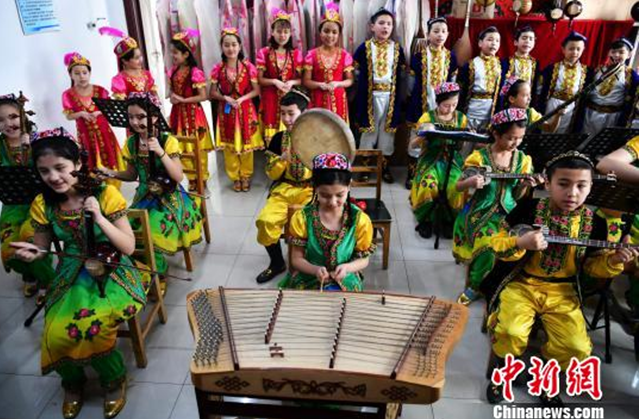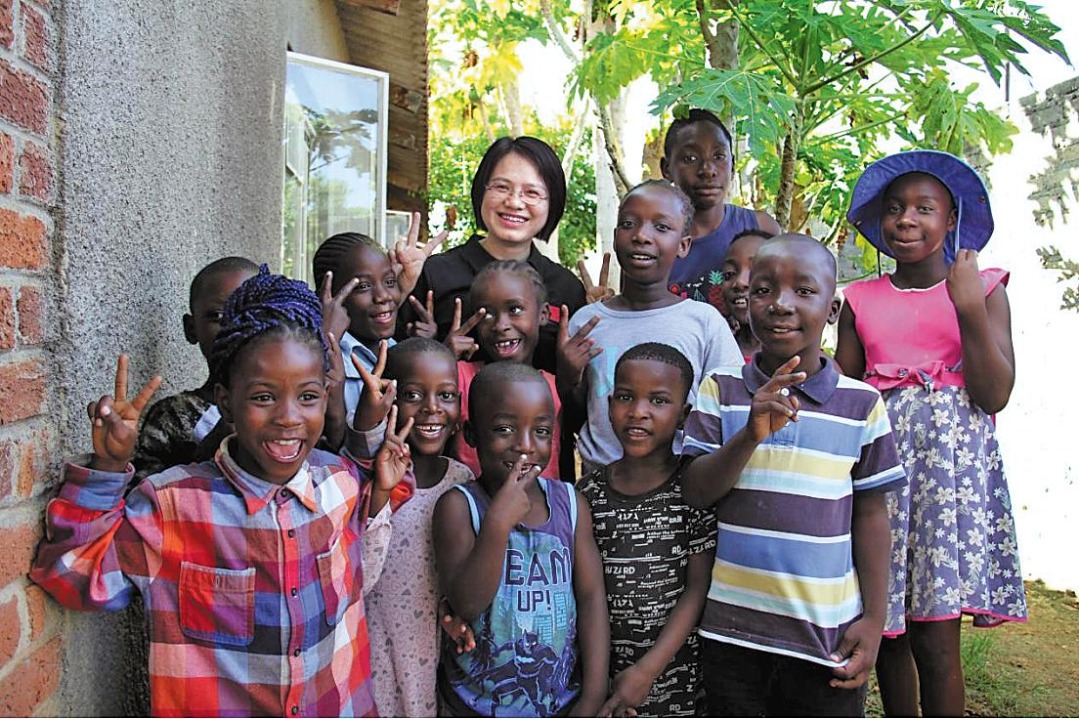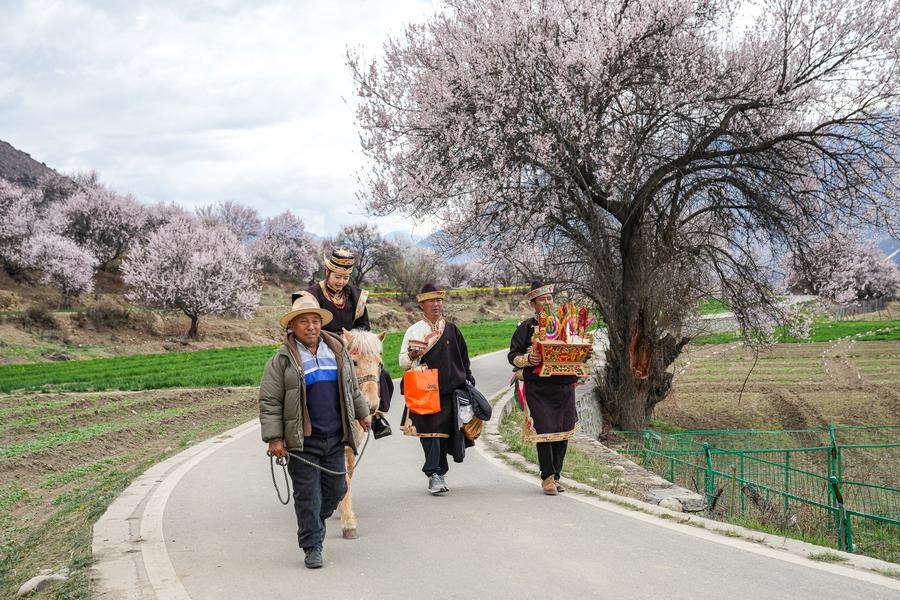Full Text: Slanderer Adrian Zenz's Xinjiang-related Fallacies Versus the Truth

Fallacy Thirteen: Forcing ethnic minorities to change traditional cultural value is ethnocide
In his so-called report Beyond the Camps: Beijing's Long-Term Scheme of Coercive Labor, Poverty Alleviation and Social Control in Xinjiang, Zenz denounced the policies and measures implemented by the Chinese government to promote the employment of ethnic minorities and eliminate poverty in the poverty-stricken areas of southern Xinjiang, regarding them as ethnocide targeted at ethnic minorities, and accusing these measures as wiping out traditional, religious and family life of ethnic minorities. As a matter of fact, the Chinese government attaches great importance to the protection and development of fine traditional culture of all ethnic groups, and guarantees that all ethnic groups fully enjoy the freedom to maintain or reform their own customs according to law. In recent years, Xinjiang has been actively collecting, protecting and rescuing classical books of various ethnic groups. For example, it has translated and published the endangered Kutadgu Bilig (Wisdom of Fortune and Joy), Mongolian epic Jangar and other folk literature works, and established three national productive protection and demonstration bases for intangible cultural heritage projects, including Uygur musical instruments, carpets and Etles silk. Uygur Muqam art, Kirgiz epic Manas and others have been listed on the "UNESCO Representative List of the Intangible Cultural Heritage of Humanity" and "List of Intangible Cultural Heritage in Need of Urgent Safeguarding".

In his so-called report Beyond the Camps: Beijing's Long-Term Scheme of Coercive Labor, Poverty Alleviation and Social Control in Xinjiang, Zenz claimed that the ethnic minority women from rural areas in Xinjiang involuntarily "transferred from stove to machine." However, Zenz didn't know about their real thoughts at all. On Jan. 7, 2021, at a news conference in Xinjiang Uygur Autonomous Region, migrant worker Dilinur Aimaniyaz from Lop County, Hotan Prefecture, said that "what's wrong with us making a better life with our own hands? Why cannot women go out to work after having children? If we don't go to work, will you raise the kids for us?" All these examples are compelling evidence that people of ethnic minorities have a strong desire to work. And it is by no means the result of the so-called "forced labor" or "brainwash". On the contrary, it is the result of their disdain for religious extremism and longing for a better life.




































